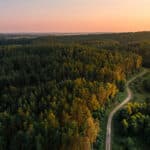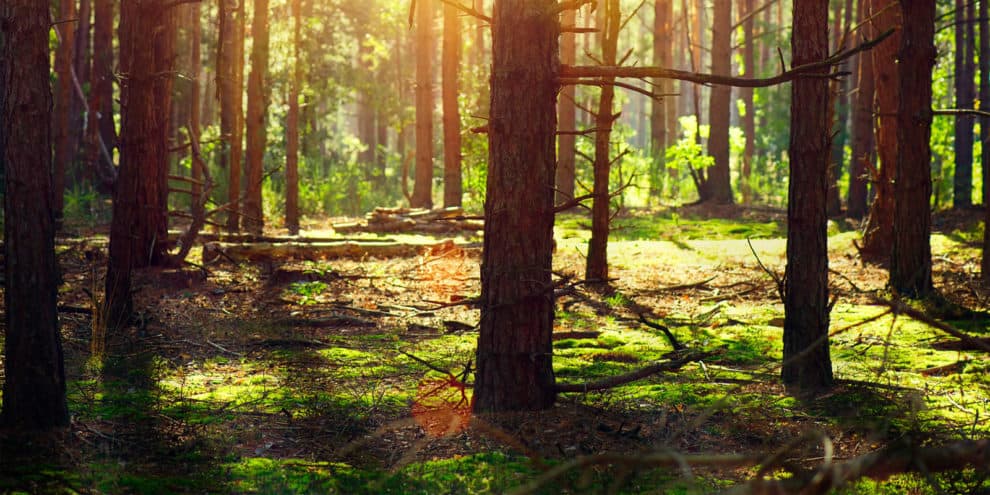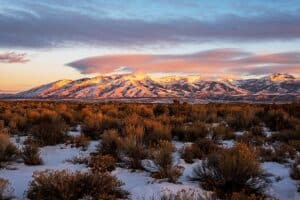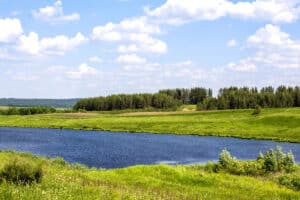The benefits of woodland management are no secret. Timber harvesting has long provided a means for landowners to sustainably manage their land while also serving as a reliable source of income. When performed in a responsible manner, timber harvesting has proven to be an economically viable tool for preserving rural lands. However, even with a stand of fast-growing trees like poplars and pines, a landowner will likely see income only ever 15 years. By adding additionally program and field sport elements, an owner can take full advantage of the economic potential of his or her land.
As practicing foresters know, when undertaken in an ecologically sound manner and with an eye toward conservation, timber management can be an effective tool to create and maintain healthy forests. With techniques such as thinning, crop tree release, and multi-aged stands, land managers promote the growth of high quality timber while also capturing the value of less desirable trees. An understanding of the individual tree species and their roles within the natural environment allows successional patterns to be creatively manipulated to improve wildlife habitat. Watershed protection, real estate tax savings, and increased income are three additional perks of timberland management. With a forward-thinking, holistic approach, foresters can effectively ensure the long-term profitability, and thus viability, of a piece of property.
All of these benefits need not come at the expense of other recreational opportunities. In fact, rural recreation programming like trail systems, shooting sports facilities, fishing habits, and many others meshes perfectly with the inherent characteristics of a sustainably managed forest. As Nigel Dunnett and Andy Clayden, authors of numerous articles in leading horticulture magazines, wrote, “It is essential to always look upon ecologically-informed landscapes as being multifunctional and delivering multiple benefits, rather than becoming fixated on single issues—if one takes the narrow approach then so much wider potential is lost.”
The integration of timber management, wildlife management, and rural development is fast becoming a necessity as population and land use dynamics change. There is no reason logging roads cannot double as scenic ATV trails or framework of a shooting clays course. A world-class dove field or trophy buck zone can be part of an evolving mosaic of timber and hunting income, while other benefits, such as pine straw harvesting and silvopastoral activities can come into play as well.
In addition to preserving natural resources for the use and enjoyment by future generations, it is critical that authentic sustainable development also be economically sustainable. By enhancing timber harvesting operations with recreational programming, Timber Investment Management Organizations (TIMOs), land owners, developers, realtors, home owners associations, and others can creatively ensure the long-term viability of rural tracts.
This content may not be used or reproduced in any manner whatsoever, in part or in whole, without written permission of LANDTHINK. Use of this content without permission is a violation of federal copyright law. The articles, posts, comments, opinions and information provided by LANDTHINK are for informational and research purposes only and DOES NOT substitute or coincide with the advice of an attorney, accountant, real estate broker or any other licensed real estate professional. LANDTHINK strongly advises visitors and readers to seek their own professional guidance and advice related to buying, investing in or selling real estate.










Add Comment